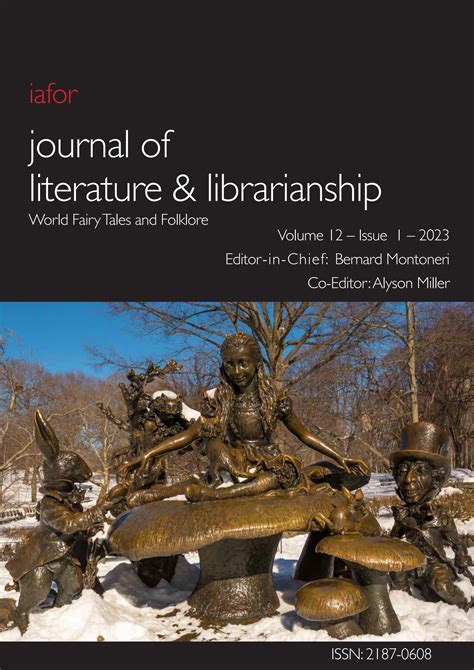In the intricate tapestry of politics, ideologies serve as the threads that weave together beliefs, values, and policies. Understanding political ideologies is crucial for comprehending the dynamics of governance and the choices citizens make at the ballot box. This comprehensive AP Gov definition explores the multifaceted nature of political ideologies, their historical roots, and real-world applications.

What is Political Ideology?
Political ideology refers to a coherent set of beliefs and principles that guide individuals’ and groups’ political actions. It encompasses views on the role of government, the distribution of power, economic systems, and societal norms. Ideologies provide a framework for individuals to make sense of political events, evaluate policy proposals, and determine their political affiliations.
Historical Evolution of Political Ideologies
Political ideologies have evolved over centuries, shaped by historical events, philosophical debates, and economic transformations. Key ideological currents include:
- Classical Liberalism: Emphasizes individual liberty, limited government, and free markets.
- Conservatism: Focuses on preserving traditional values, social order, and a strong national identity.
- Socialism: Advocates for collective ownership of means of production and equitable distribution of wealth.
- Marxism: A radical form of socialism that seeks to overthrow capitalism and establish a classless society.
- Fascism: Characterized by extreme nationalism, authoritarianism, and corporatism.
Key Dimensions of Political Ideologies
To understand the nuances of political ideologies, it is essential to consider several key dimensions:
- Government Role: Ideologies differ in their views on the appropriate role of government in society, ranging from limited intervention to extensive regulation.
- Economic System: Ideologies shape perspectives on economic organization, advocating for varying degrees of state control, private ownership, and market competition.
- Social Issues: Ideologies influence opinions on social policies, such as healthcare, education, and gender equality.
- Foreign Policy: Ideologies guide stances on international relations, emphasizing cooperation, isolationism, or military intervention.
Real-World Applications of Political Ideologies
Political ideologies play a vital role in shaping political systems and policy debates. They influence:
- Party Platforms: Political parties align with specific ideologies, reflecting the beliefs of their members and supporters.
- Policy Formulation: Governments design policies based on their ideological orientation, prioritizing certain values over others.
- Voting Behavior: Individuals’ political ideologies shape their voting decisions, aligning themselves with candidates and parties that share their beliefs.
- Social Movements: Ideologies inspire social movements advocating for change or opposing particular policies.
The Importance of Political Ideologies
Understanding political ideologies is crucial for several reasons:
- Informed Citizenship: It enables citizens to make informed decisions about political candidates and policies.
- Political Analysis: It provides a framework for analyzing political systems, understanding the dynamics of power, and predicting policy outcomes.
- Policy Evaluation: It allows individuals to assess policies based on their alignment with their own values and beliefs.
- Historical Context: It offers insights into the historical evolution of political thought and its impact on contemporary societies.
Key Figures on Political Ideologies
According to a survey by the Pew Research Center, in the 2016 US presidential election:
- 38% of voters identified as conservative
- 35% as moderate
- 24% as liberal
Common Misconceptions about Political Ideologies
Several misconceptions surround political ideologies:
- Static Nature: Ideologies are not static but evolve over time, influenced by new ideas and societal changes.
- Binary Nature: Ideologies are not binary but exist on a spectrum, with varying degrees of agreement and disagreement among individuals.
- Value Judgment: Ideologies should not be seen as inherently good or bad but rather as different perspectives on how to organize society.
Tips for Understanding Political Ideologies
To enhance your understanding of political ideologies, consider the following tips:
- Read widely: Explore diverse sources to gain a comprehensive perspective on different ideologies.
- Engage in dialogue: Discuss political ideologies with individuals holding different views, seeking common ground and understanding.
- Attend political events: Participate in rallies, debates, and town hall meetings to hear firsthand the beliefs and values of politicians and activists.
- Be critical: Evaluate political ideologies based on evidence and logic, avoiding blind adherence to any particular perspective.
Conclusion
Political ideologies are the cornerstone of political thought and action. They provide individuals with a framework for understanding their world, guiding their policy preferences, and shaping their political participation. The comprehensive definition and analysis presented in this article aim to empower readers with a deeper understanding of political ideologies and their significance in democratic societies.
